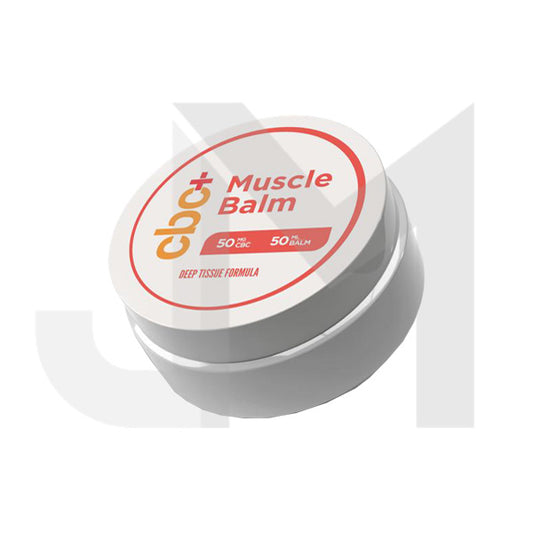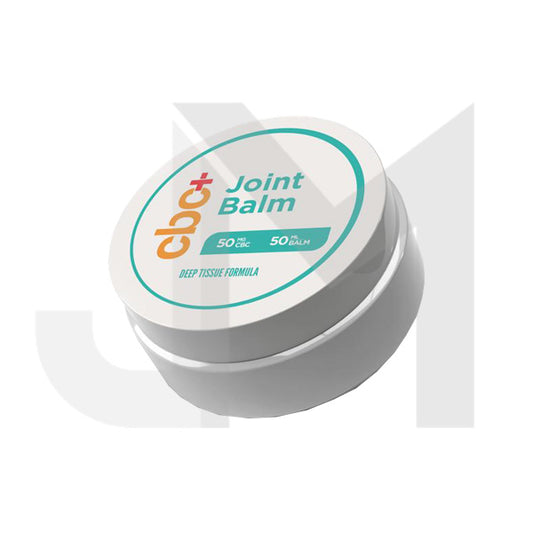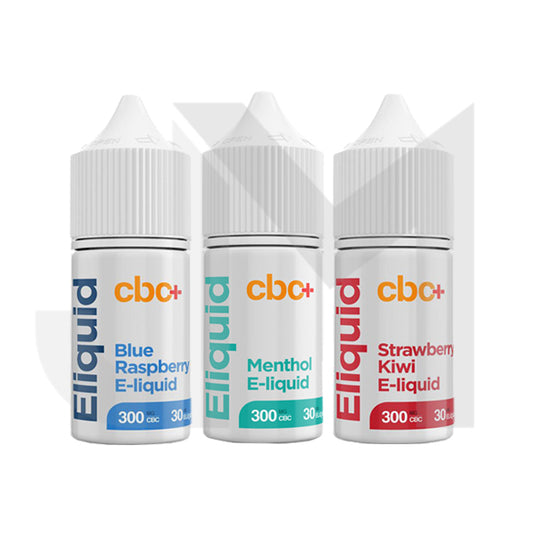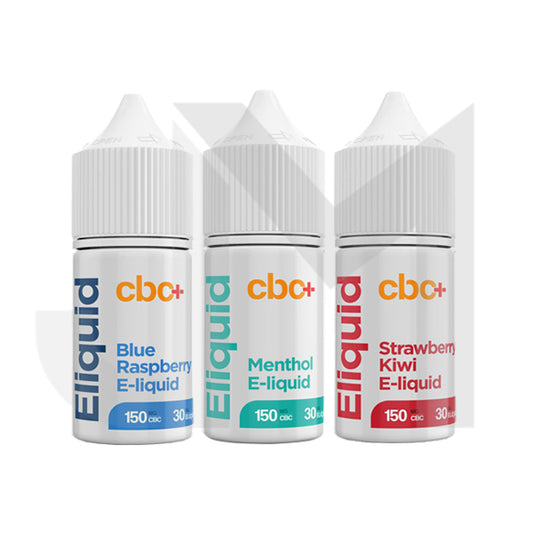
UK Vape Ban Exempt ✅
CBD Calm CANNABLITZ 1800mg CBD + CBG + CBC Prefilled Pod Vape Kit
UK Vape Ban Exempt ✅

CBC+ 100% Pure CBC Isolate - 0.5g

CBC+ 100% Pure CBC Isolate - 1g


CBC+ 50mg CBC Muscle Balm - 50ml

CBC+ 50mg CBC Joint Balm - 50ml


CBC (cannabichromene) is one of the most prevalent cannabinoids in the cannabis plant, ranking third after THC and CBD. Like CBD, CBC is non-intoxicating and does not produce the 'high' typically associated with THC. Due to this, CBC is considered to have potential in the medicinal sphere, with studies suggesting it may have beneficial effects on symptoms such as pain, inflammation, acne, and mental health issues like depression.
Cannabinoids in various forms and strains have been used for thousands of years with minimal to no side effects. CBC is wholly non-psychoactive, meaning it does not produce the 'high' associated with THC. However, it is possible to experience mildly negative symptoms when mixing CBC products with other medications. Therefore, it is recommended to consult a healthcare professional before using CBC.
Although CBC has not received as much attention as CBD, it has been considered for therapeutic use since the decriminalization of industrial hemp. CBC and CBD are closely related, both producing a non-psychoactive effect in the brain, which is believed to contribute to their therapeutic properties. While both may have similar health benefits, they interact with different receptors in the brain. Specifically, CBC interacts with TRPV1 receptors in the nervous system, which may suggest potential benefits for inflammatory conditions or pain related to illness.
A full-spectrum CBC product contains multiple cannabis plant extracts, including essential oils, terpenes, and other cannabinoids, and may contain very small traces of THC. A broad-spectrum CBC product also contains a range of these naturally occurring compounds but typically no THC. Full-spectrum products are thought to have stronger and longer-lasting effects than broad-spectrum products or isolates (a CBC isolate, for example, is the pure form of CBC and contains none of the plant’s other compounds), suggesting these might work especially well as a therapeutic treatment for various health issues.
Like CBD, CBC is derived from the Cannabis Sativa plant, commonly known as hemp. This plant contains numerous cannabinoids, which are naturally occurring compounds. The oils are extracted from the hemp plant through a process called conduction, resulting in cannabinoid-rich oils sourced from the raw material of the plant.
CBC (cannabichromene) has gained attention for its anti-inflammatory properties, making it a promising ingredient in skincare. It may help reduce acne, promote healthy skin, and alleviate irritation due to its soothing effect. As a non-psychoactive cannabinoid, CBC is becoming a popular choice in cosmetic formulations, particularly for those with sensitive skin or conditions like eczema and psoriasis.
CBC is often found in conjunction with other cannabinoids like CBD, CBG, and THC in full-spectrum or broad-spectrum products. The entourage effect, a phenomenon where cannabinoids work together to amplify their individual effects, suggests that combining CBC with other cannabinoids could enhance its therapeutic potential. This synergy is especially valuable for those seeking comprehensive relief from pain, inflammation, or anxiety.
The optimal dosage for CBC products varies depending on individual factors such as weight, metabolism, and the specific condition being addressed. However, CBC is generally well-tolerated, and most users start with a low dose, gradually increasing until they achieve the desired effects. It is recommended to consult a healthcare provider for personalized dosing advice, especially when using CBC in conjunction with other medications.
CBC products are legal in the UK, as long as they are derived from industrial hemp and contain less than 0.2% THC, in line with UK cannabis laws. The growing popularity of CBC and other cannabinoids means that consumers can access these products with confidence, knowing they comply with current regulations. Always check that the product comes with appropriate lab testing results to ensure compliance with UK laws.